Care level 1
definition
Care level 1 was newly introduced on 01.01.2017 and is assigned to people who have not yet received a care level. The majority of these people require care, often due to limitations in everyday tasks. In many cases this relates to people with dementia. In the past, these people were classified in care level 0, which has now been transferred to care level 2. This means that care level 1 is completely new.
You will find more information on this topic here: Care levels and care levels
What are the requirements for care level 1?
The division of people in need of care into care grades is carried out by the Medical Service of the Health Insurance (MDK). The New Assessment Assessment (NBA) is used to classify the different degrees of care, a catalog full of criteria with which one can determine the need for care as precisely as possible. The new assessment assessment of the MDK examines the independence of those in need of care in six different categories. The categories are:
-
mobility
-
Cognitive and communication skills
-
Behaviors and psychological problems
-
Self-sufficiency
-
Dealing with illness or therapy-related requirements
-
Design of everyday life and social contacts
Points are awarded for each category so that the person in need of care ultimately receives a total number of points for the test, which summarize the need for care in numbers. The rating scale ranges from 0 to 100 points, with 100 points indicating the highest level of need for care. Each level of care corresponds to a certain number of points. In order for the person in need of care to receive the classification for care level 1, a score of at least 12.5 to 27 points must be achieved in the new assessment assessment. This corresponds to a slight impairment of independence in everyday life, regardless of whether it is physical or cognitive.
For more information on this topic: Care level 5
What benefits do you get with care level 1?
According to the medical service of the health insurance, people in need of care with care level 1 are only described as "slightly impaired in their independence". The Care Strengthening Act 2 prohibits people in need of care with care level 1 from receiving outpatient cash benefits or a care benefit in kind from the long-term care insurance. This means that those in need of care with care level 1 do not receive any care allowance for care at home. You will receive neither care benefits in kind nor outpatient cash benefits.
The benefit that you receive with care level 1 is the entitlement to a purpose-related outpatient discharge amount of € 125 per month from the care insurance (§45b SGB XI). What can you do with the money from the dismissal amount? This amount represents a care benefit in kind. This enables those in need of care to use the benefits of the care fund for care for night and day care, short-term care and preventive care. In addition, low-threshold childcare offers can also be billed:
-
Coping with general or care-related demands of everyday life
-
E.g. Instructions for caregivers
-
-
Organization of individually required assistance
-
Relief for family carers or carers who are similarly close
-
Household support
-
Care services
-
E.g. Supervision to relieve family carers
-
In order to receive the corresponding benefits, it is necessary to submit an application to the long-term care insurance.
What remuneration do you get when caring as a relative?
People in need of care who are cared for by relatives do not receive any care allowance. You are also not entitled to any care benefits in kind from a care service. People in need of care with care level 1 are classified by the MDK in such a way that they can still manage their lives relatively well independently and therefore practically do not need any care from relatives or professional caregivers. As a relative, you therefore do not receive any remuneration if you care for a person in need of care with care level 1.
Read more about care by relatives on the following page: domestic care
How do I apply?
The application for the care levels is sent to the care insurance. The application is informal. This means that you can generally submit the application by phone, email or in writing. To avoid discrepancies, it makes sense to submit the application in writing and keep a copy of the application. Services are not provided retrospectively. Services can be provided from the month in which the application is submitted at the earliest. The application at the end of the month is sufficient to receive the benefit for the entire month, provided that the need for care has existed since the beginning of the month. You send the application to the long-term care insurance fund, which is always organized by the health insurance company with which you are insured. The applicant is the person who makes the application or in whose name the application must be made. The applicant is therefore always the person in need of care, not the carer. This means that the benefits are requested by and for the person in need of care. If you want to submit the application in writing, a short written letter is sufficient:
Name of the person in need of care, address of the person in need of care
"I am applying for long-term care insurance benefits and ask for a short-term assessment"
Kind regards, signature
Where do you apply?
The application for the care level is submitted to the responsible care fund. The long-term care insurance is always organized by the health insurance company with which the person in need of care is insured. This applies to all statutory health insurance companies (AOK, Techniker Krankenkasse, Barmer, etc.) as well as to privately insured patients.
Is there a right to short-term care?
In principle, a person in need of care with care level 1 has no right to short-term care. However, for short-term care, the benefits that are included in the discharge amount can be used. This discharge amount is only € 125 per month for care level 1. If you want to claim short-term care with the discharge amount, you can only receive short-term care for one or two days a month.



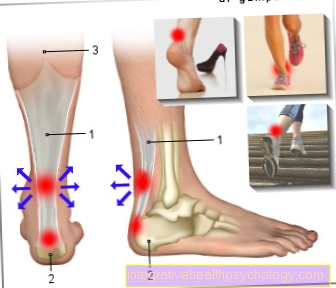







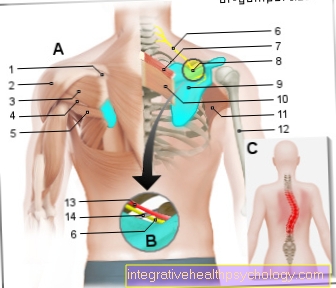
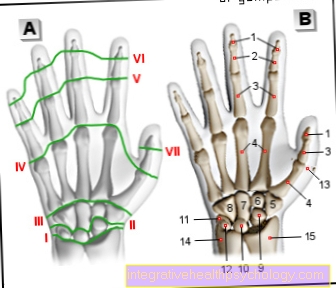

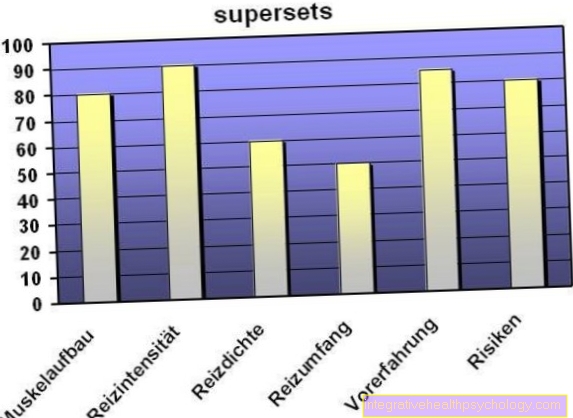







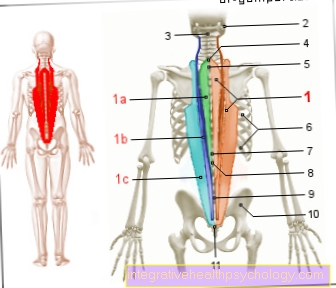
.jpg)






